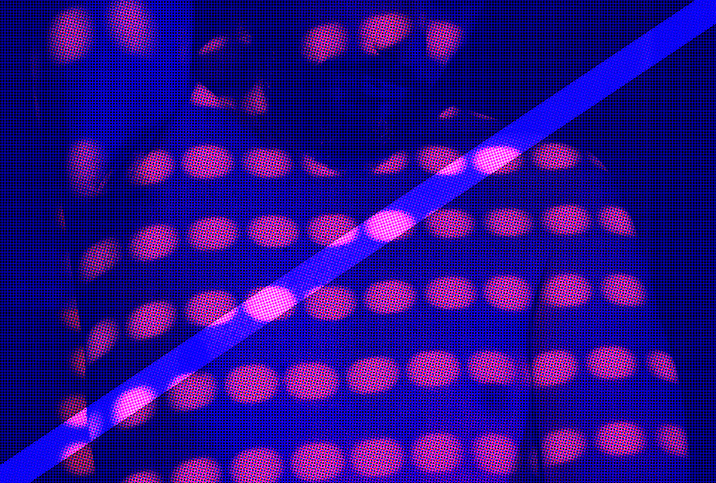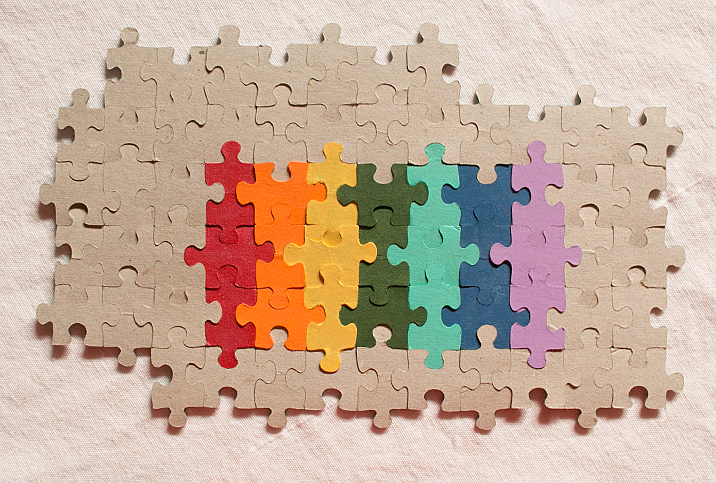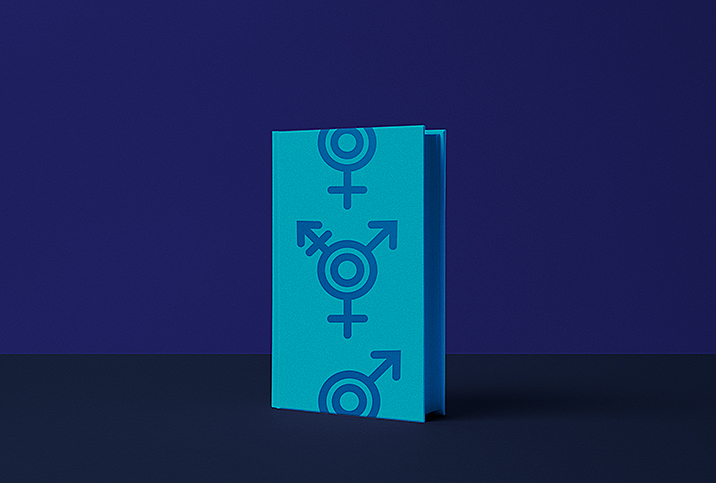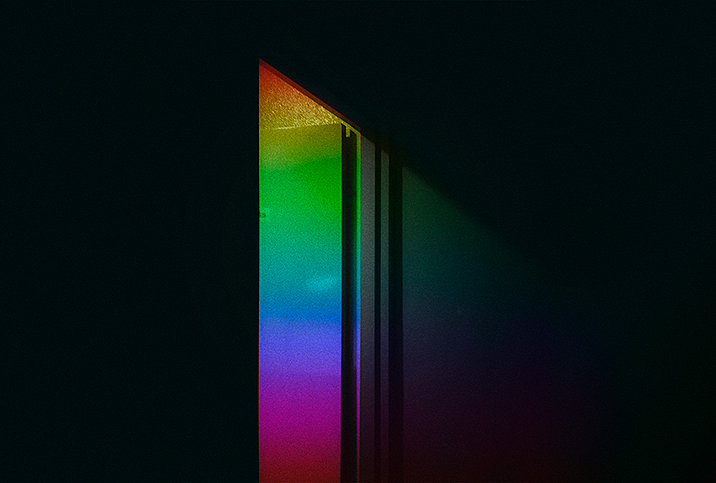Facing Bisexual Erasure and Biphobia

Of the terms responsible for the acronym LGBTQIA+, the B, for bisexuality, is one of the most hotly debated, even down to its meaning. The Bisexual Resource Center leaves its definition intentionally broad: anyone who is sexually, romantically, or emotionally attracted to more than one gender.
According to the 2016 National Health Statistics Reports from the Centers for Disease Control and Prevention (CDC), 5.5 percent of women and 2 percent of men in the United States self-identify as bisexual. As of 2017, these individuals made up a reported 40 percent of the LGBTQIA+ community, the largest portion, according to the Pew Research Center.
Even so, bisexuals are disproportionately closeted. The same survey by Pew Research Center highlighted that about 28 percent of bisexual individuals reported they were open about their sexual orientation, whereas 71 percent of lesbians and 77 percent of gay men reported being out.
Experiencing biphobia
Unfortunately, it's not uncommon for people in the LGBTQIA+ community to face discrimination or "erasure" throughout their lifetimes; this is especially true for bisexual individuals.
Biphobia refers to the fear, intolerance and aversion toward bisexual individuals which can often give way to stereotypes or misconceptions:
- Telling a bisexual they're actually homosexual or heterosexual, and just "confused."
- Saying bisexuality isn't real.
- Believing that bisexual men commonly transmit HIV to heterosexual women.
- Accusing bisexuals of being greedy or incapable of monogamy.
All of these biphobic beliefs and remarks have one element in common: they are harmful and untruthful.
Bisexual erasure
Individuals who are bisexual face discrimination as well as a feeling of invisibility caused by bisexual erasure.
Bisexual erasure is the terminology used to describe a person's or society's tendency to ignore, remove, falsify or reexplain bisexuality—particularly in historical contexts, news, media and other prominent places. One example of erasure is the tendency for bisexual people to be left out of conversations about LGBTQIA+ rights. This is especially unfair considering they constitute the largest section of the community.
Bisexual erasure happens in smaller ways, too, and these acts are just as pervasive, and many people may do them unknowingly. For instance, bisexual people may get wrongly labeled by others as gay or lesbian when they're in same-sex relationships and then mislabeled as straight when in heterosexual relationships. If a person goes from a same-sex relationship to a heterosexual relationship, this mislabeling can further contribute to the misconception that bisexuality is just a phase.
Facing discrimination and erasure because you are living your life authentically can be dehumanizing and isolating. It can also lead to feelings of depression and anxiety.
However, as the largest portion of the LGBTQIA+ community, bisexuals struggling with these issues should remember they're not alone and look for support and comfort from other bisexual people.

















